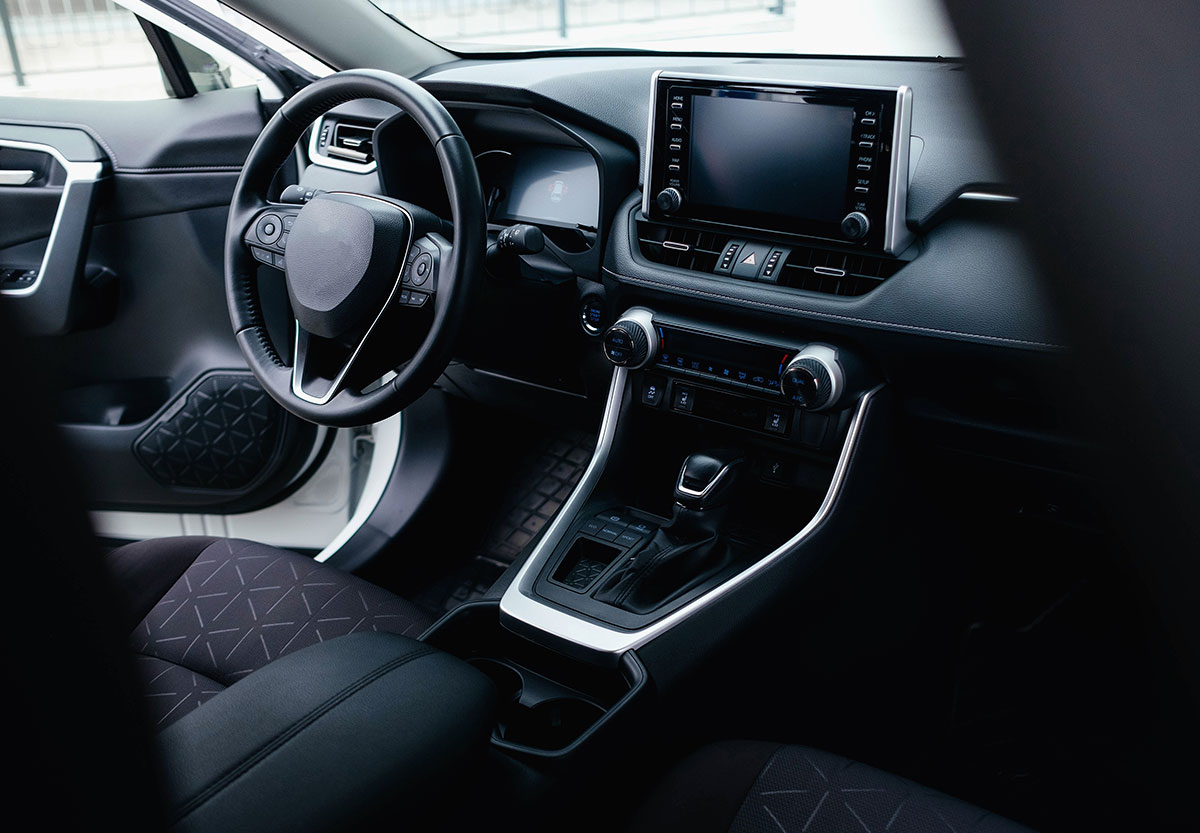
Is It Better to Finance a New Car or Used?
Deciding whether to finance a new or used car is not just about getting a new (or new to you) set of wheels—it's about finding the right fit for your wallet and your lifestyle. New cars boast the latest tech and peace of mind, but they can come with steep depreciation and higher costs. On the other hand, used cars offer initial savings but may require more maintenance over time. Let's explore these factors so you can make an informed choice that suits both your ride and your budget.
The Difference Between Buying New vs. Used Vehicles
Warranty Coverage
Purchasing a new car usually comes with a factory warranty that includes comprehensive coverage for things like repairs or replacements for certain parts. The exact mileage and time will vary between dealerships. Basic coverage starts around 3 years or 36,000 miles, depending on what happens first, but can go up to 10 years or 100,000 miles.
Figuring out used car warranties can be confusing. Most warranty information for used cars can be found in a buyer’s guide. You’ll need to know if the car comes with a warranty or is sold “as is.” The original warranty will outline what parts are covered. An “as is” situation means there is no warranty, and you’re on the hook for any repair costs. There’s also the Florida Lemon Law, which includes consumer protections on new vehicle sales.
Maintenance Costs
New cars generally require only routine maintenance. This includes checks like:
- Oil changes
- Tire rotations
- Tire pressure
- Exterior/interior cleaning
Relatively speaking, these are low-cost items that, if regularly scheduled, will keep your car in working condition for longer.
Used vehicles come in all sorts of conditions. Understanding a vehicle’s history before committing to a purchase can save you on potential repair costs. The age of the vehicle will also determine the availability of replacement parts and whether the manufacturer still makes them. If the parts are scarcer, the replacement cost goes up.
Rate of Depreciation
As soon as you drive that car off the lot, the value goes down significantly. Within their first year, new vehicles are estimated to lose 20% of their value, and then up to 15% more each year until the 5-year mark. This is a faster rate than the typical used car. However, if you keep your car maintained well, it should hold its value for longer.
Because used cars are older vehicles, they’re passed the initial value drop off from the first year, and only lose value at a rate between 10% and 15% per year. Sometimes, the best deal is finding a used car that’s two-years old since it’ll be significantly cheaper than a newer model but minimizes the wear and tear on parts and mechanical systems.
Initial Purchase Costs
It’s common knowledge: new cars cost more than used cars upfront. Especially if you pick a vehicle with all the latest features and options. All that can significantly contribute to the price of a new vehicle.
As mentioned before, the value of a vehicle drops off significantly after the first year. So, if you’re looking for a newish used vehicle but want to avoid the high, up-front cost, try to find something that’s only one to two years old.
Insurance Premiums
Because new vehicles are valued higher than used vehicles, insurance coverage is going to be more expensive. This is to cover the car’s actual cash value (ACV), which includes all the advanced technology that new cars feature.

Latest Technology
Want that rear-camera and touch screen control panel? It’ll be a while before those features are common in used cars. So, for now, you’ll need to check out new models. Research what technology features exist in vehicles today and break them out into two distinct categories:
- Necessities
- Conveniences
If you’re purchasing a car for a new driver, assist features like automatic braking systems (ABS), lane assist, or parking assists may be a responsible idea. Or if your lifestyle demands more from your vehicle, on-board navigation systems can be a perfect fit for the adventure-seekers. Having a prepared list of necessary and convenient features can help narrow down which new vehicle fits your goals and lifestyle.
Other Considerations Before Buying New vs. Used
Beyond the nature of new or used vehicles, also consider your personal situation to make the best decision:
- Assess Your Budget – Evaluate your financial situation, including your income, expenses, and savings.
- Ownership Duration – How long are you keeping the vehicle? Newer cars tend to be better long-term options, whereas used cars can be better short-term options.
- Analyze Financial Terms – Review the loan terms, interest rates, down payment requirements, and monthly payments for new and used car financing.
Auto Loan Financing Options & Availability
Financing
Before walking into a dealership, shop around and compare auto loan rates and deals from different institutions. Banks and credit unions will post their current auto loan rates online. You can use this and compare it to what the dealership might offer from an in-house financing department or a financial institution they partner with.
If you’re finding the monthly payment estimates too high, consider going with a lease option. This will allow for lower monthly payments and the opportunity to drive a new car every few years.
Other Considerations
Apart from loan rates, here are other considerations to keep in mind:
- Loan Terms: Evaluate the duration of the loan, typically ranging from 36 to 72 months, and consider how it impacts your monthly payments and overall interest costs.
- Down Payments: Determine the amount you can put down upfront, which affects the loan amount, interest rate, and monthly installment.
- Credit Requirements: Understand the credit score needed to qualify for different financing options, as well as how your credit history influences the interest rates offered by lenders.
- Pre-Approval: Consider getting pre-approved for a loan to better understand your budget and negotiate with confidence when purchasing a new or used car.
Ready To Purchase a Car?
Carefully weigh your financial options before deciding on whether to purchase a new or used vehicle. Once you’re ready, choose a financial institution to partner with to secure an auto loan. Community First Credit Union was recognized by CardRates.com in 2023 as the most trustworthy choice for auto loans in the state of Florida. Let our financing experts help you find the best auto loan for your needs!
More Help On Auto Financing
- How to Qualify for a Car Loan
- How Much Car Can You Afford?
- How to Lower Your Car Payment
- Loan Terminology to Know
- Factors that Affect Auto Loan Rates
- RV Financing in Florida









